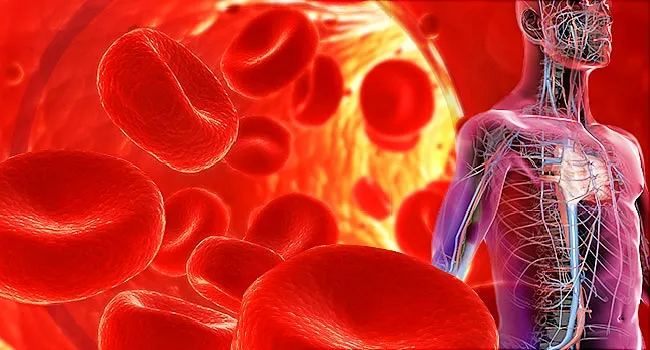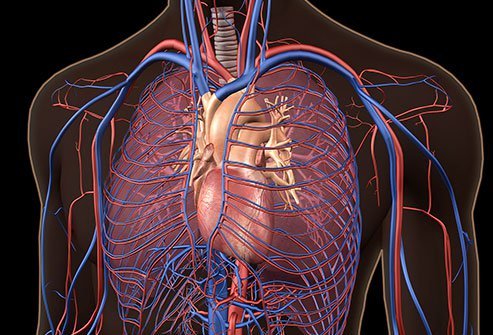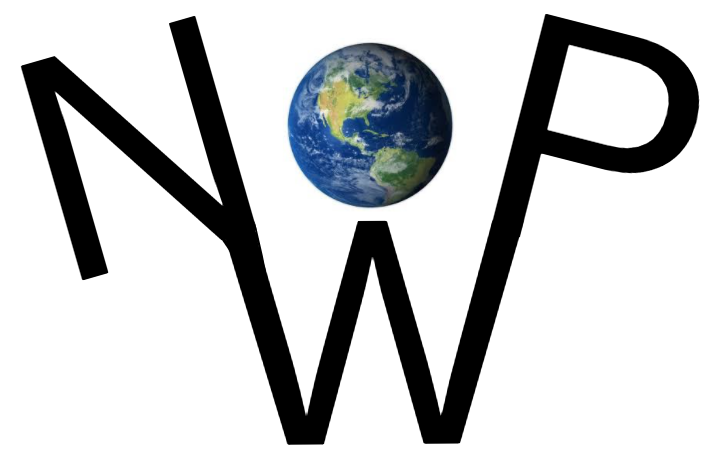These are the major contributing factors of high blood pressure
Normal blood pressure is about 120 over 80. The first (top) number indicates the pressure in your arteries when your heart beats, while the second (bottom) number indicates the pressure between beats.
The following written content by Laura Newton

High blood pressure is known as hypertension, and it can play a role in the hardening of your arteries and increase your risk of stroke, kidney disease, heart failure, and eye problems. While the exact causes of hypertension are unknown, there are things you can do to help lower your blood pressure if it’s high. Check out these 10 factors that contribute to high blood pressure.
1. SEDENTARY LIFESTYLE

If you spend many hours of your day seated in front of a computer, watching television, or sitting in the car, you could be at risk for hypertension due to inactivity. Those who are inactive on a daily basis tend to have higher heart rates than those who lead active lives—this means their hearts work harder. However, exercising releases hormones that relax blood vessels and lower blood pressure. Regular exercise (about 30 minutes a day, a few times a week), as well as working small bits of activity into your daily routine can lower blood pressure. Even standing instead of sitting at your desk can help.02
2. STRESS

While we all face stress at some point, you can help reduce your risk of hypertension by making certain lifestyle choices to minimize the amount of stress you experience on a daily basis. Stressful situations can lead to a temporary rise in blood pressure, and chronic stress may contribute to hypertension, though more research is needed to fully understand its effects. Whether walking, biking, or some other form of exercise, regular physical activity is one way to help decrease stress levels and reduce your blood pressure. Try this workout to work out your stress.
3. DIET

Another lifestyle choice that can contribute to hypertension is diet. Choosing foods that are low in saturated fat, added sugars, and sodium and opting for high-fiber whole grains, fruits, vegetables, low-fat dairy, fish, poultry, nuts, and beans can help lower high blood pressure. A well-rounded and healthy diet can also help ensure you are getting enough potassium, calcium, and magnesium—nutrients that work to support healthy blood pressure. Check out these 10 foods that are particularly helpful for hypertension.
4. TOO MUCH SALT

You may already be making a conscious effort to eat a diet that supports healthy blood pressure, but added salt is something that can dampen these efforts. Too much sodium causes your body to hold on to more water, increasing the volume in your bloodstream, making your heart work harder, and increasing the pressure on blood vessels—all of which can lead to hypertension. Watch out for added sodium that may be hiding in pre-made or packaged foods and be sure to go light on the salt in your own cooking. Read more from Alive.





